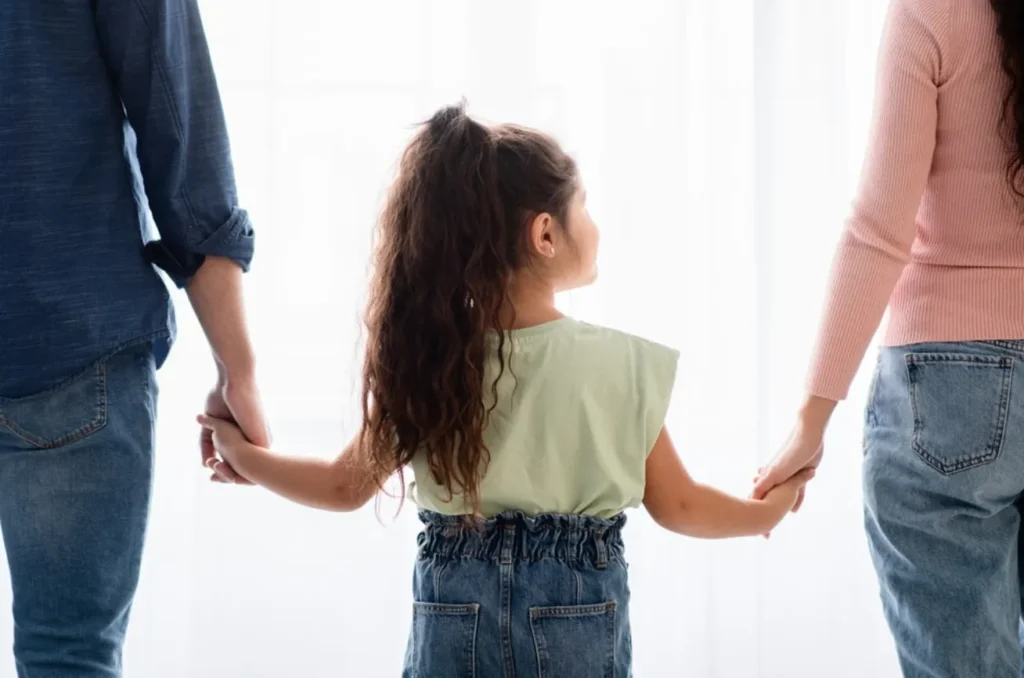Divorce affects children deeply. It changes their world and can lead to emotional upheaval. You probably worry about the emotional fallout on children when you decide to end a marriage. Children may feel sadness, confusion, or fear when parents divorce. The effects can vary, depending on age and personality. But you can mitigate these effects. With understanding and sensitive communication, you can ease your children’s adjustment. This blog helps you recognize signs of distress and offers steps to support your children. These strategies come from experts, including a Huntsville family law attorney, who understands the legal and emotional challenges families face. Simple actions like listening, maintaining routines, and seeking professional help offer comfort. By focusing on your child’s needs, you build resilience in their lives. This guidance aims to support you in navigating this difficult time, ensuring your child feels secure and loved.
Understanding Emotional Responses
Children’s reactions to divorce depend on various factors. Age, temperament, and family dynamics play significant roles. Younger children may blame themselves or fear abandonment. Older children might exhibit anger or withdrawal. Understanding these reactions is crucial in providing support.
Signs of Distress
- Changes in behavior: Watch for aggression or withdrawal.
- Academic performance: A drop in grades may indicate stress.
- Physical symptoms: Headaches or stomachaches can be stress-related.
Recognizing these signs helps you address issues promptly.
Strategies to Ease Transition
Consistent and open communication is key. Here are steps to support your children:
- Reassure them: Constantly remind them they are loved and not at fault.
- Keep routines: Stability in daily life provides comfort.
- Encourage expression: Let them share feelings through words or art.
When to Seek Professional Help
Professional help can be beneficial if distress persists. Family counselors offer coping strategies. Also, consider reaching out to school counselors if behavioral changes affect academic performance. For more information on coping mechanisms, visit the National Institute of Mental Health.
Parental Cooperation
Co-parenting amicably reduces stress for children. Avoid conflict in their presence. Coordinate schedules and rules to provide a consistent environment. Effective communication between parents models positive behavior.
Comparison of Age-Specific Reactions
| Age Group | Common Reactions |
| Preschool (3-5 years) | Fear, confusion, self-blame |
| School-Age (6-12 years) | Anger, sadness, academic struggles |
| Teens (13-18 years) | Rebellion, withdrawal, depression |
Long-term Support
Keep communication lines open as children grow. Their understanding of divorce evolves with age. Encourage ongoing dialogue and provide reassurance. Monitor their behavior and adjust support as needed. Stay informed on best practices for supporting children during and after divorce. The Child Welfare Information Gateway offers valuable resources.
Conclusion
Divorce is challenging for families, especially for children. But with careful attention and proactive steps, you can minimize its impact. Stay informed and engaged with your child’s emotional needs. Your support and understanding foster resilience and security, helping your child navigate through this period with confidence and strength.
